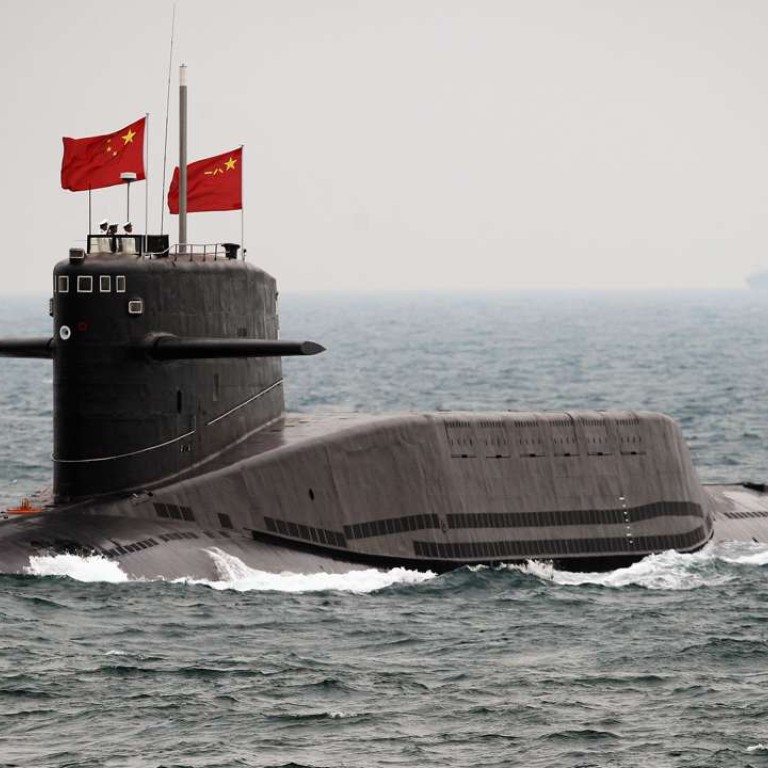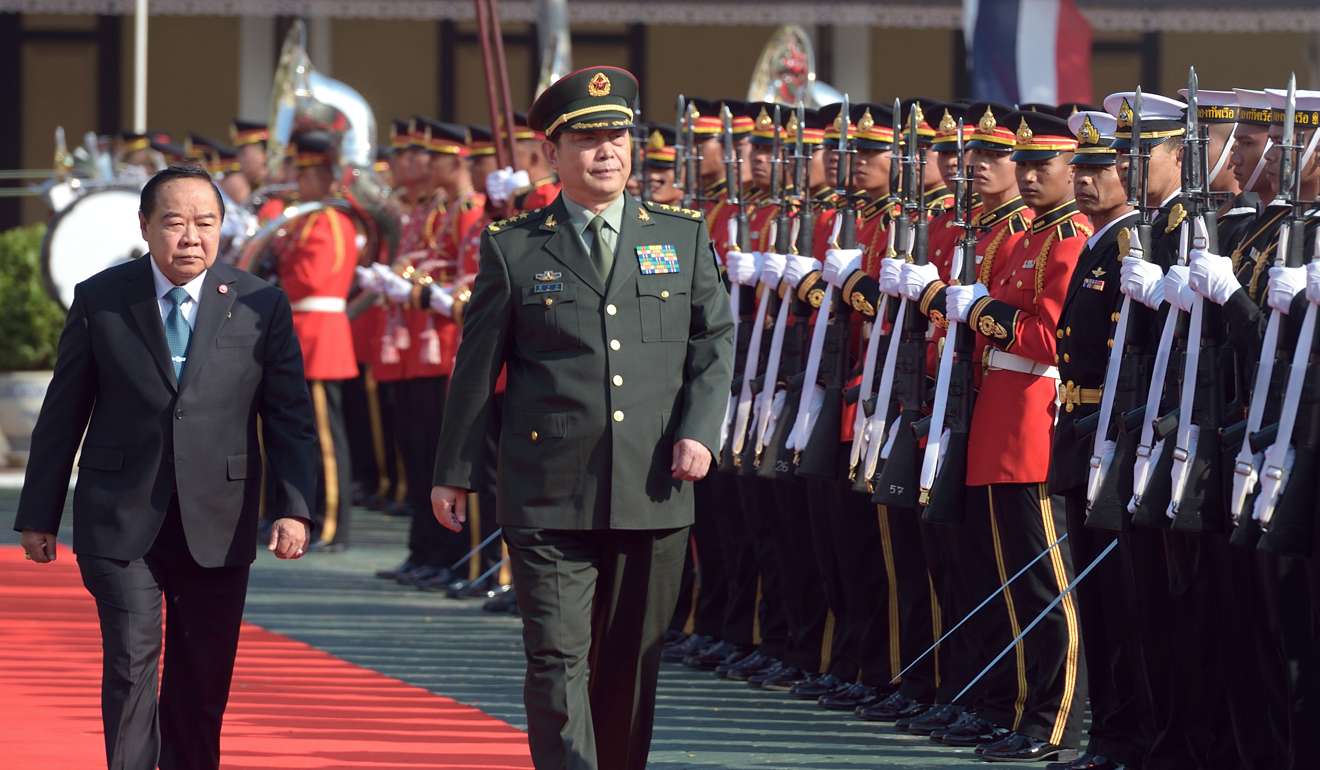
Thai junta defends buying 'cheap' US$393 million Chinese sub
Critics have questioned the need for the purchase after the military bought an aircraft carrier in the 1990s that now languishes in port, with no aircraft
The Thai junta on Tuesday defended the US$393 million earmarked for a Chinese submarine, batting back criticism of the secrecy of the deal, its cost and the questionable utility of the warship.
The submarine sale is the latest defence deal between Beijing and Bangkok, who have grown closer since Thailand’s coup three years ago.
Historically the Southeast Asian kingdom has been a major purchaser of Western arms, especially from its traditional cold war ally the United States.
But since the coup, which strained ties with the West, there has been a run of windfalls for China with Thailand scooping up several dozen Beijing-built tanks and inking plans to buy three submarines in total - a purchase that will amount to US$1 billion.
Talks are also underway for China to construct a multimillion dollar armaments and military hardware repair facility in Thailand.
The military-led cabinet approved the funds for the first submarine purchase last week, a decision that was not made public until Monday, triggering concern about a lack of transparency.
The proposed sale has long fuelled controversy with critics saying submarines are of little strategic value in a country with shallow surrounding waters and no stake in the South China Sea disputes that have embroiled its neighbours.
The huge cost of the vessel has also raised eyebrows in Thailand, where ordinary people are feeling the pinch from years of lacklustre growth.
On Tuesday the junta deputy leader General Prawit Wongsuwon insisted the deal was “transparent” and a good bargain for the Thai navy.

The submarines are needed to protect our natural resources in the Andaman Sea, he added, stressing that neighbouring countries “all have submarines”.
Prawit said the first submarine would be delivered within the next six years, with two more expected over the next decade.
Others are less convinced by the deal. A retired admiral recently said money for the submarines would be better spent on desperately needed navy patrol vessels and helicopters.
“No real navy man would push for these submarines,” he said.
Defence spending has tripled in Thailand over the last decade, a period where the military has seized power twice.
“As the military has the final say on budgeting, there should be no surprise that we should see the junta seeking more ‘toys for the boys’,” said Paul Chambers, an expert on the Thai military.
“This is a contributing factor to Thailand’s current economic morass,” he said, adding that the junta tried to keep the deal quiet because of its unpopularity.
The army, navy and air force tussle over the spoils of budget increases, reflecting the balance of power among the military.
Thailand’s military famously purchased a small Spanish aircraft carrier in the 1990s that now languishes in a port and has no aircraft.

.png?itok=arIb17P0)